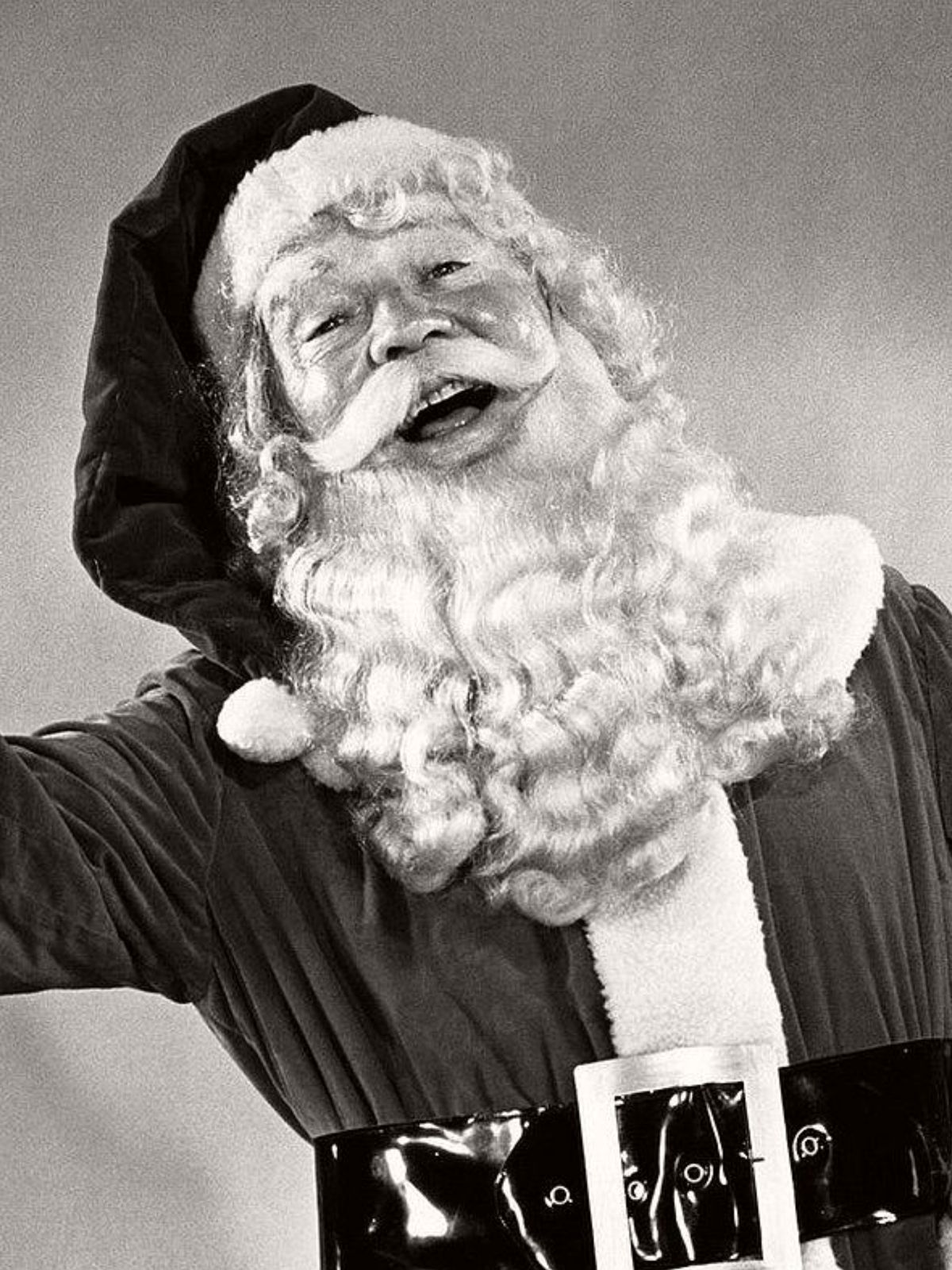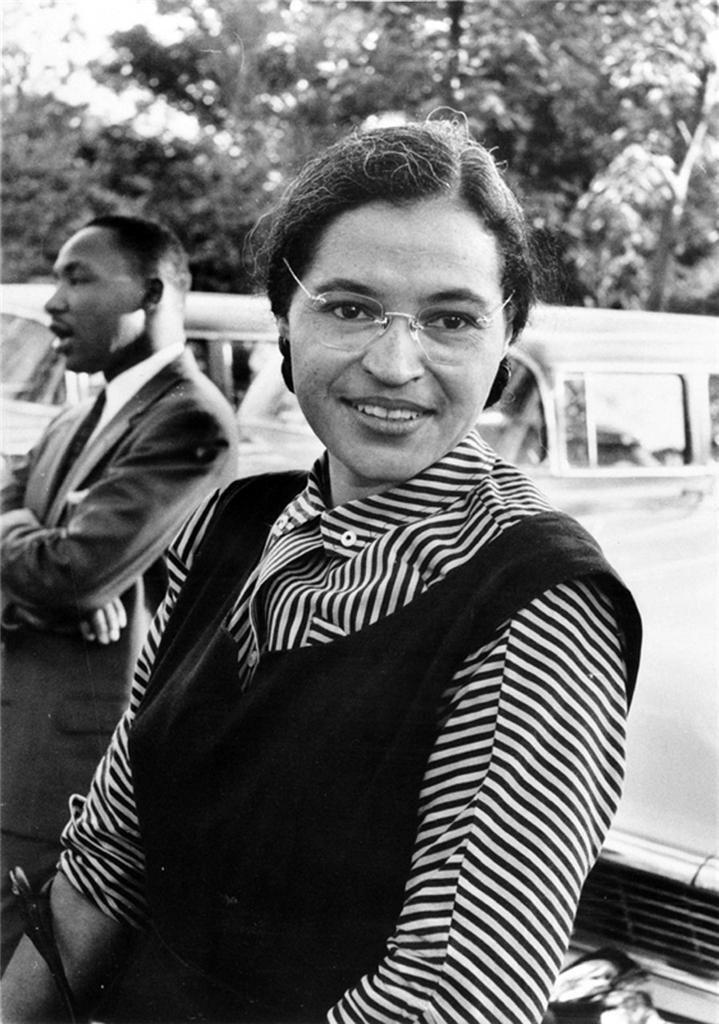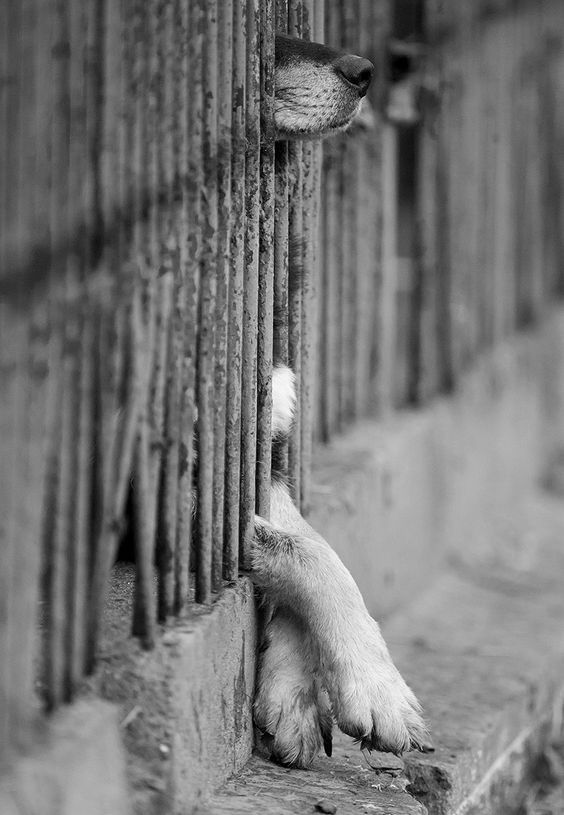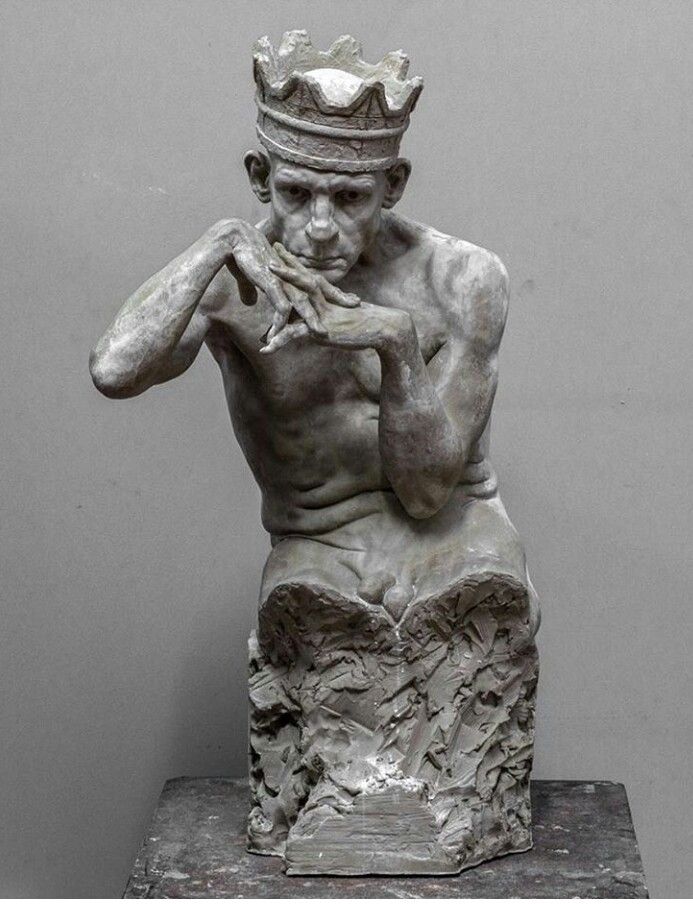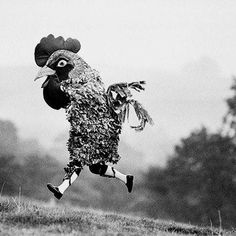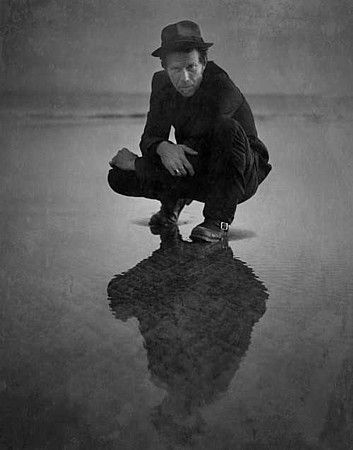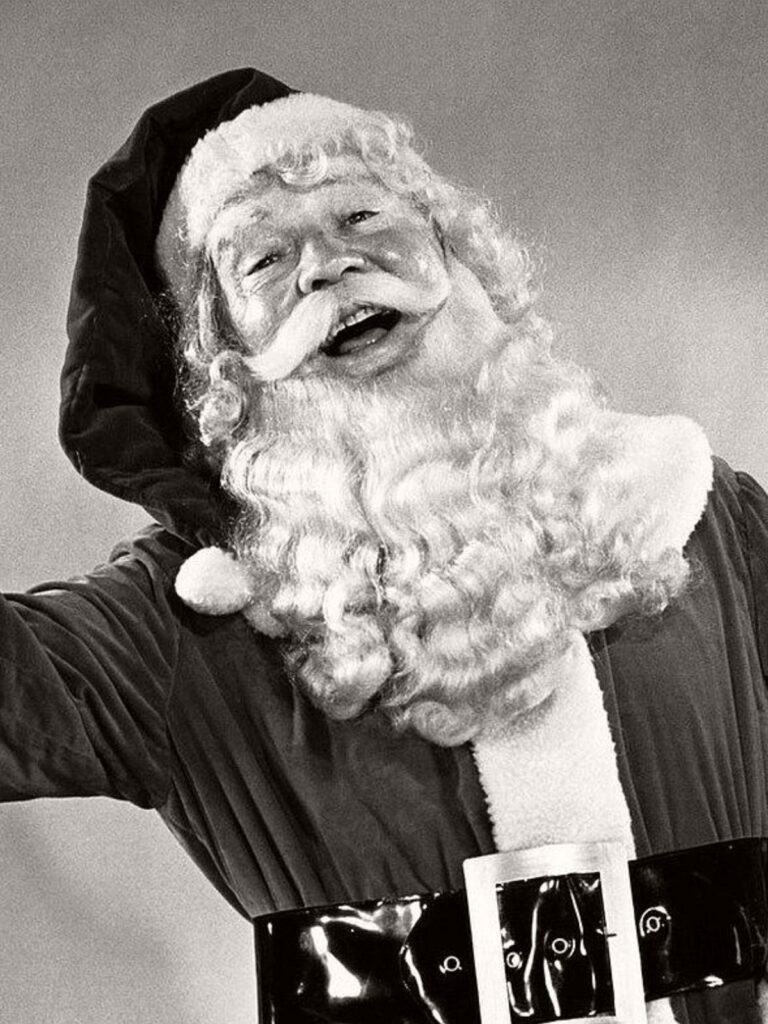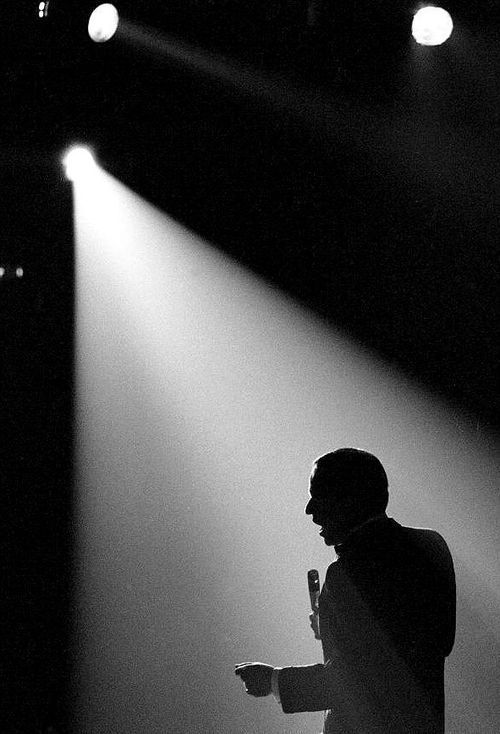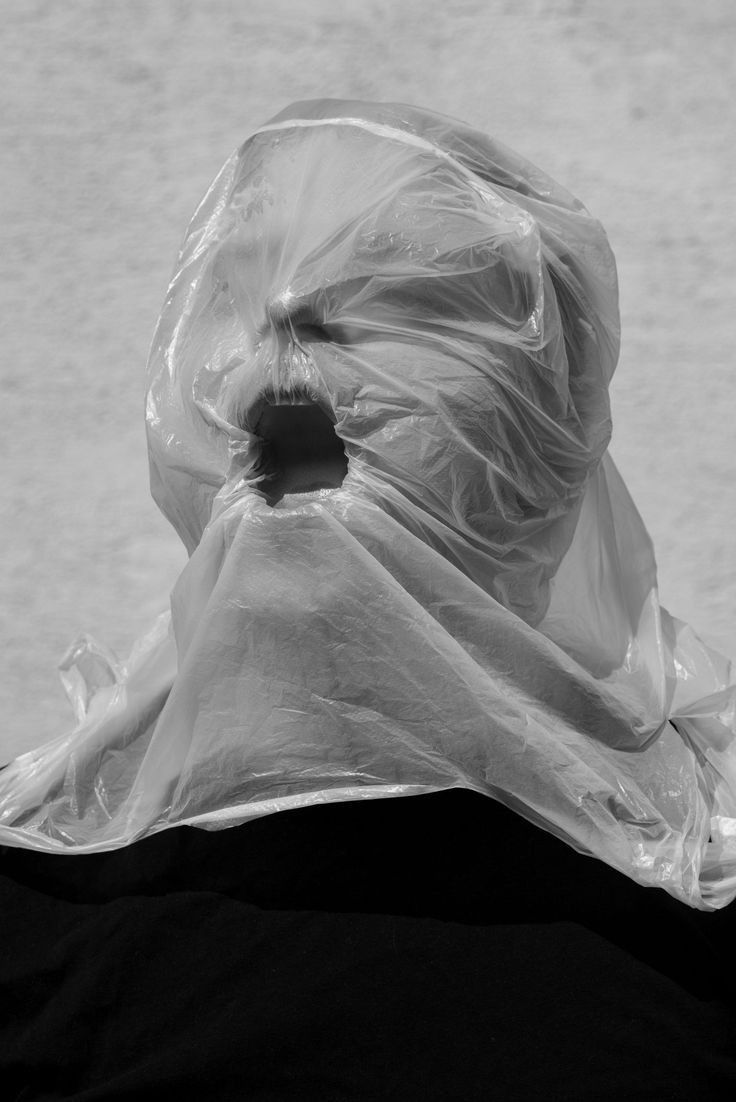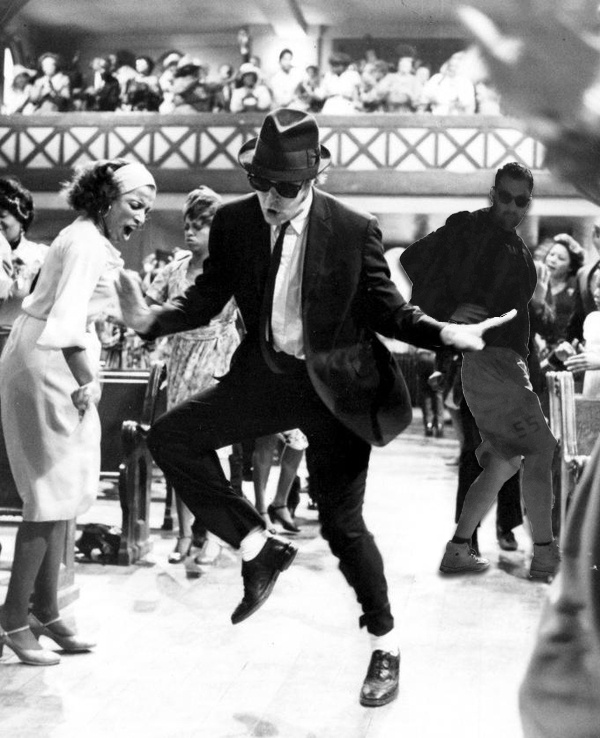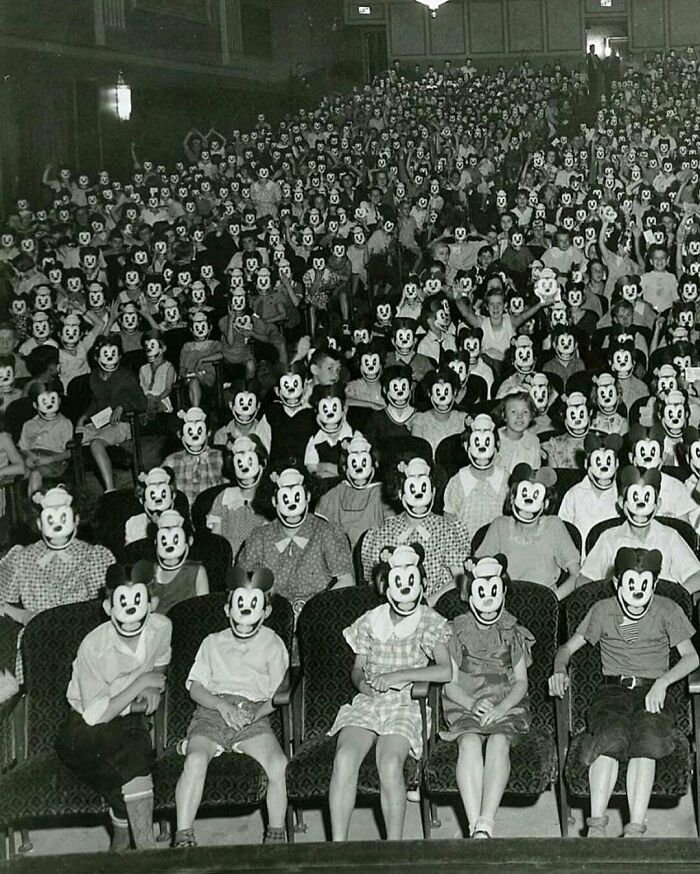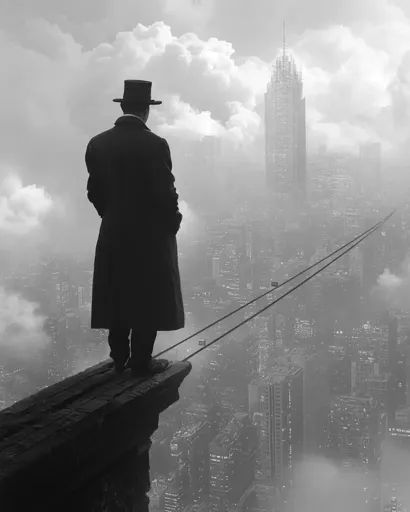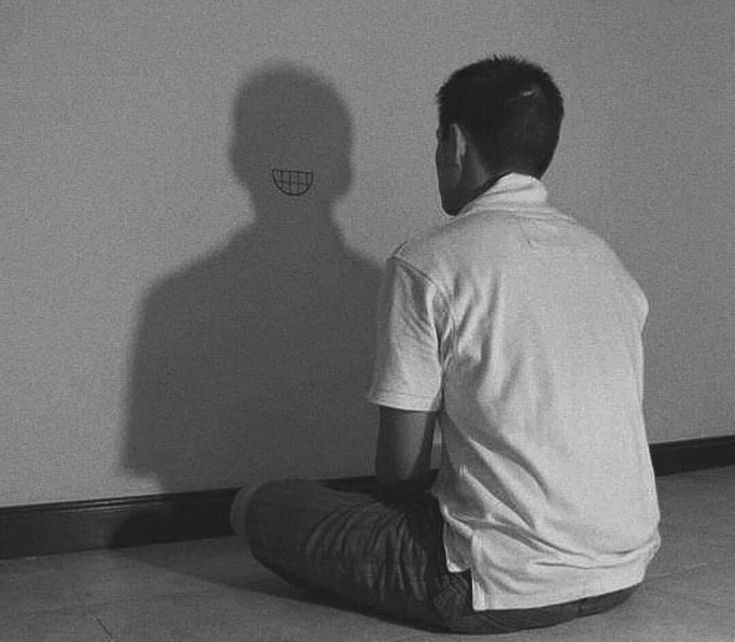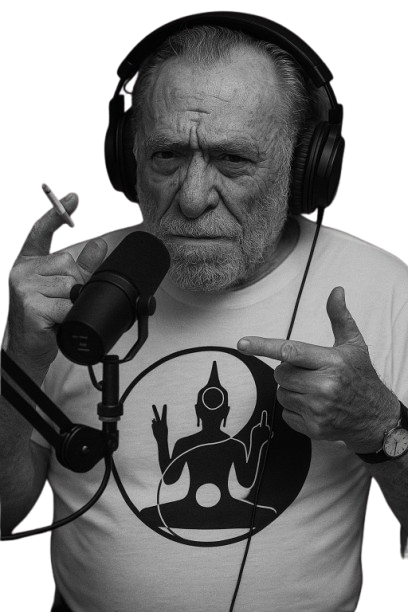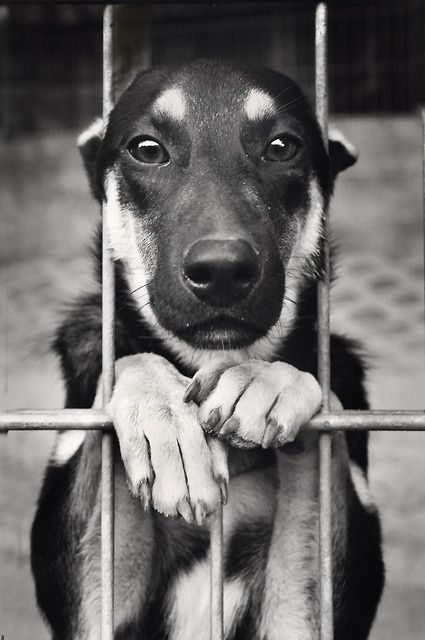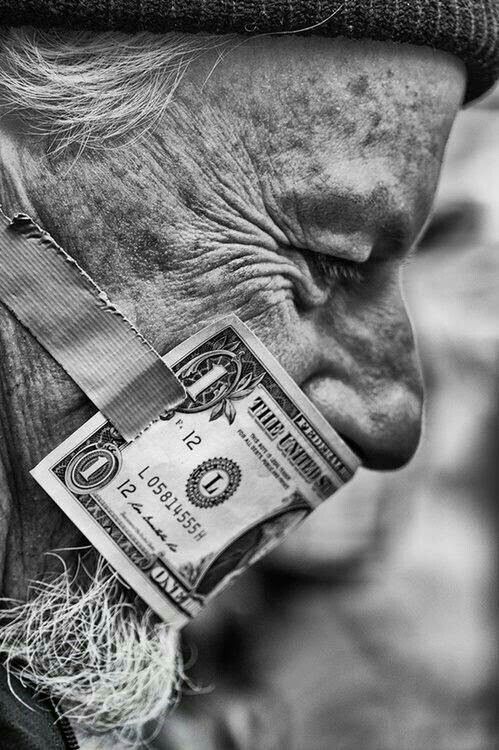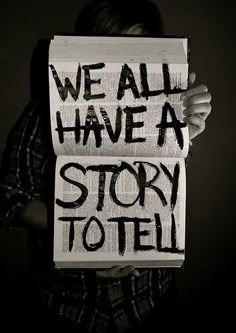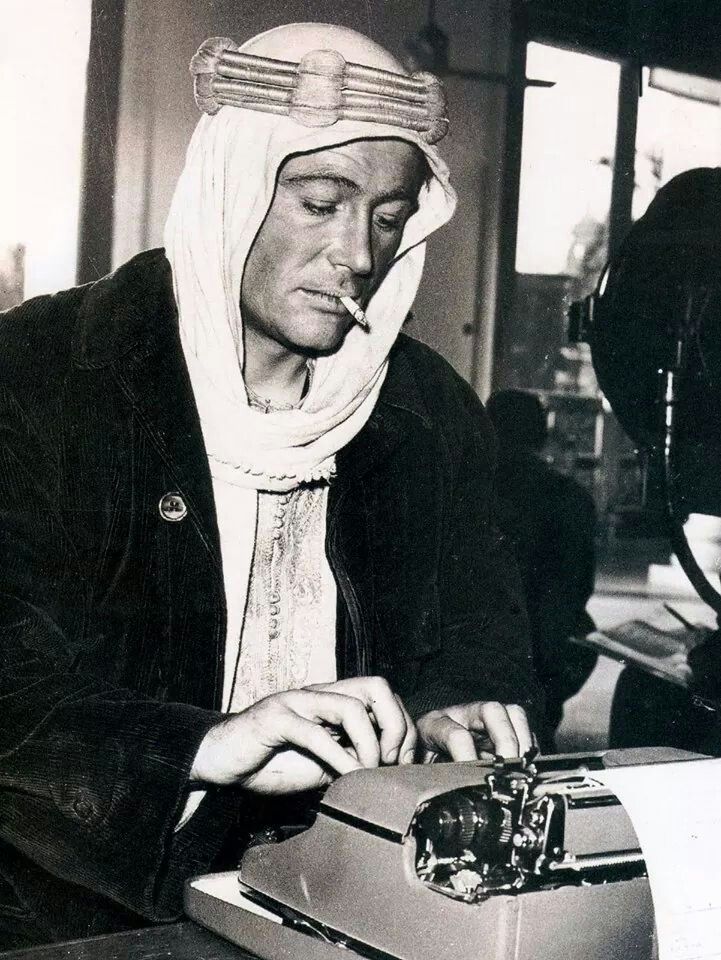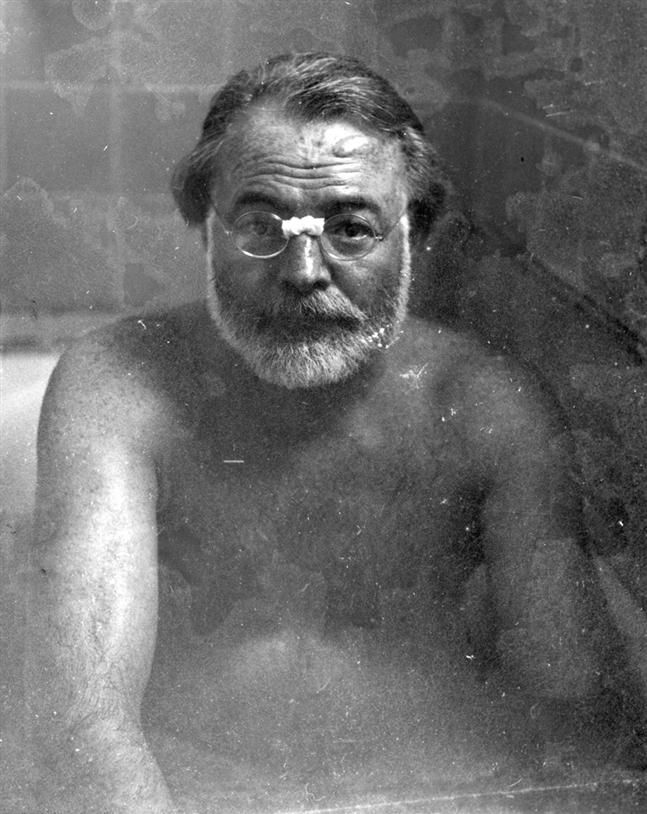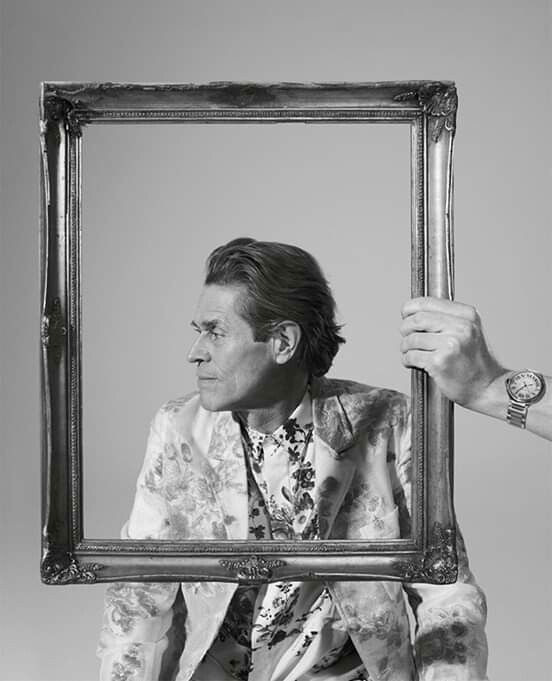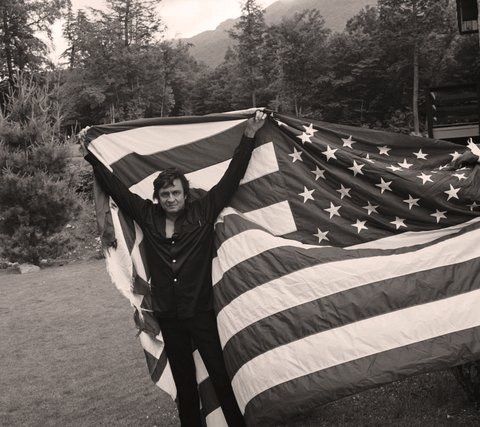It was Christmas Eve in Covina, California. You know the scene. A perfect suburban night, the air smelling of pine needles and roasting meat. The houses all lit up, inflatable snowmen on the lawns, the whole goddamn American stage play in full swing. Inside one of those houses, a family was celebrating. Laughing, drinking, opening presents. Living the lie.
And then Santa Claus came to town.
But this wasn’t the jolly old fat man from the Coca-Cola ads. This was Bruce Pardo. A man who had been put through the meat grinder. A man who had played by all their stupid, fucking rules and got a shit sandwich for his trouble. He’d just been through a bitter divorce, the kind that doesn’t just take your money; it takes your goddamn soul. The court had sided with her, of course. They always do. He was left broke, humiliated, and with a quiet, simmering rage that had finally reached its boiling point. He was a walking, talking receipt for a system that grinds men into dust and then asks them to be civil about it.
So he put on the suit. The perfect, grotesque disguise. He wasn’t just coming to kill them; he was coming to murder their whole phony, happy, Christmas-card illusion. He showed up at the front door with a gift-wrapped package in one hand and a semi-automatic pistol in the other.
A little girl, eight years old, saw him through the door. “It’s Santa!” she screamed. She ran to open it.
And Santa opened fire.
He shot her in the face. Then he stepped over her small, broken body and walked into the party. He just started shooting. Anyone who moved, anyone who screamed. He was calm, methodical. A man with a job to do.
The “gift-wrapped package”? That was a homemade flamethrower. He’d built it himself, a beautiful, ugly piece of engineering. After the shooting stopped, he unwrapped his present and unleashed hell. He sprayed a high-octane mix of gasoline and styrofoam all over the living room, all over the Christmas tree, all over their perfect, happy lives.
The house went up like a tinderbox. A great, roaring fireball that blew out the windows and lit up the whole goddamn suburban night. He didn’t just want to kill them; he wanted to erase them. He wanted to turn their perfect little world into a pile of black, smoking ash.
When he was done, he calmly walked out, got back into his rental car, and drove away, leaving the house to burn with all the bodies inside. He had one last stop to make. He drove to his brother’s house, broke in, and with the sirens screaming in the distance, he put a bullet in his own head. The show was over.
The papers called him a monster. A madman. And he was. Of course he was. What he did was a horrible, unforgivable act of violence.
But for a man like you, sitting in your own quiet, simmering marriage at the time, reading that story… you saw something else, didn’t you?
You saw a man who refused to go quietly. You saw a man who, when faced with the slow, soul-crushing death of a thousand legal cuts, decided to choose a different kind of ending. He refused to be just another sad statistic, another broken man drinking himself to death in a lonely apartment. He refused to just fade away.
In a world that was determined to erase him, he decided to become an explosion.
That’s why you cut out that article. That’s why you tacked it to your wall. It wasn’t because you wanted to do what he did. It was a reminder. A reminder of what happens when you push a man too far. A reminder that even in a rigged game, a man still has one final, terrible, and absolutely undeniable move he can make.
He wasn’t a hero. He was a tragedy. But in his own fucked-up, monstrous way, he was also a rebel. He was a man who looked at the whole goddamn phony stage play of a life they’d left him with, and he decided to burn the whole theater to the ground.
And for a man who feels like he’s trapped in the audience, watching his own slow death on stage, an act like that… well, it can look a lot like freedom.

